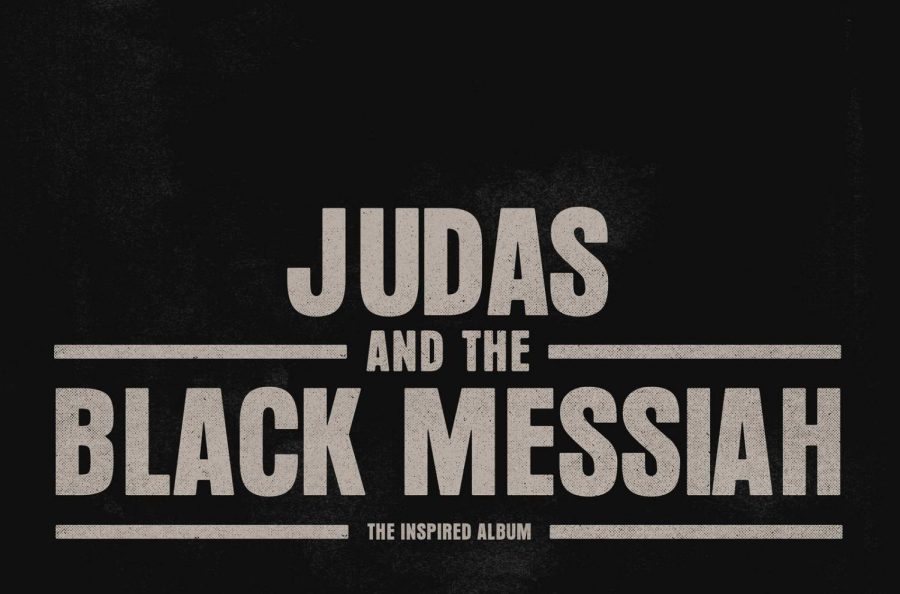A Head-Bopping Outcry | “Somethin’ Ain’t Right” by Masego ft. JID & Rapsody
February 19, 2021
Judas and the Black Messiah is a harrowing tale of suffering and oppression, so ripe with tension and despair it can be difficult to stomach—which is all the more reason for it to be respected.
The constant terrorizing of the African American community on behalf of the police and F.B.I. is placed on full display, no coats of sugar applied. The movie’s director, Shaka King, weaves a tale of government intervention, police brutality, and systemic racism with fleeting glimpses of hope. There is a true sense of the community and power of the Black Panthers and their leader Fred Hampton—a sense that, despite all odds, and with seemingly the entire world against them, they will not be silenced.
The album that accompanies this harrowing tale is nothing short of radical brilliance. Old and new names are blended together in solidarity to form a stunning cry for unity, with an underlying warning of what’s to come for those who continue to oppress. “Somethin’ Ain’t Right,” one of the tracks off of the star-studded Judas and the Black Messiah: the Inspired Album, presents us with a killer combination of rising stars over an irresistibly groovy jazz guitar beat.
A high pitched wavy vocal sample is paired with muffled bass strings to match the hazy piano bar mood. There is an unmistakable feeling of dangerous intimacy in the air. R&B artist Masego lends his honey-smooth echoing vocals to the chorus:
“Hold up, wait a minute, somethin’ ain’t right/
The corruption has moved in view of my eyesight”
This cautionary cadence reverberates into the air as light synths crackle on either side of Masego’s voice. Light guitar strings pluck alongside bass drum beats as JID enters with hardened charisma, accounting a first person account of the deadly onslaughts:
“It’s been a crazy war, the devil’s bangin’ on my door/
My dear, my dear, my dear, I hear the shots ring, lay on the floor”
JID’s verse is a rapid fire crash course on the extent to which the oppressed are willing to go to end their suffering and quell the corruption around them. The message of peace has been far removed from the equation, as the opposition has refused to give the oppressed even the most basic of human rights:
“‘Cause we can never murder hate but can murder a hater/
What’s a more American way to try to give ’em a taste of they own medicine?/
“In the spirit of liberation, give me life or I’ma take it”
We return to the chorus with another soulful outcry from Masego, followed by a crashing entrance from Rapsody, who wastes no time making her stark intentions clear:
“Hol’ up (Hol’ up), watch over me and my body, man (Come on)/
Trouble all around, can’t trust nobody, man (Real)”
The overarching theme of caution and looming trouble continues as Rapsody roars through a series of deep cutting bars. Multiple background voices join Rapsody as she divulges the struggles of the Panthers in their bloodied war for freedom:
“Death all around, pray we never light a candle, man/
Knowing somebody gotta die for our freedom, bruh”
Scattered drums bang as Rapsody continues her fiery bombardment, her commanding confidence turning every word into an anthem. Sporadically, Rapsody enters a higher pitch to preach to her audience, educating them on the precautions needed to be taken in this treacherous world:
“They flood thy hood, we could blood up the soldier (Talk)/
Poor Black men look over thy shoulder (Talk)”
Rapsody’s exhilarating sonic journey comes to a roof raising finale, putting forth her anger and passion for the movement in her final bar: “But we don’t stand down ’til the people all free, screamin’.”
Masego returns with his ominous overture to guide us out of the song, warning the audience once again to be cautious of corruption, which moves through the shadows, and often only seen by those it harms.
Both Judas and the Black Messiah: the Inspired Album and the movie it comes from do not present a world some people often like to acknowledge. The suffering of so many by a system held so dear to the heart by others is put to the uncomfortable forefront of this masterpiece. Though “Somethin’ Ain’t Right” is catchy and a head-bopping tune without a doubt, there is nothing more important than the message it provides. For black Americans, corruption moves and looms through every crack in society, spelling trouble and tragedy for all.

































